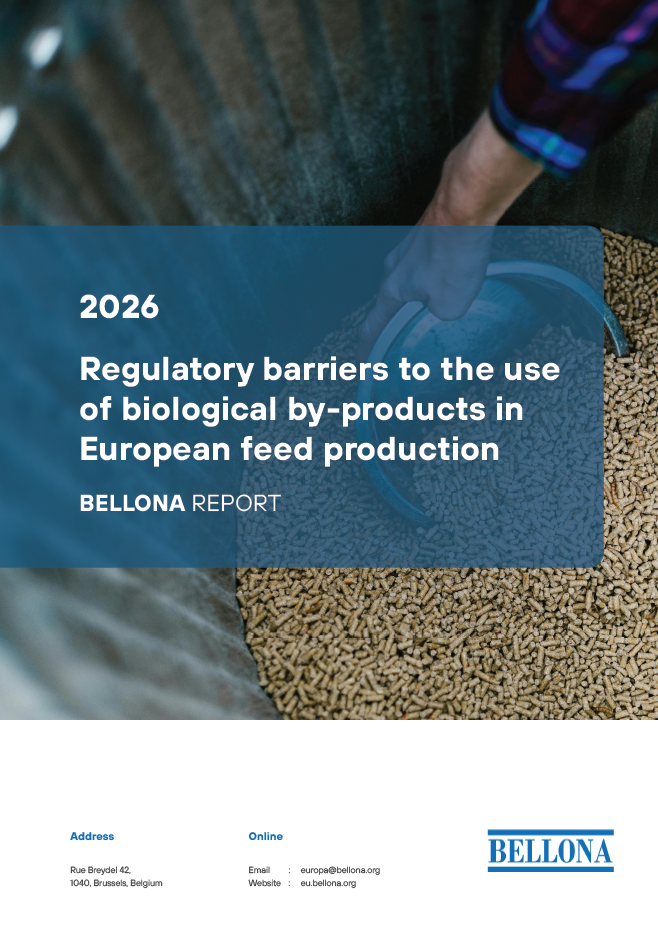
Regulatory barriers to the use of biological by-products in European feed production
This report examines the potential of biological by-products and underutilised bioresources for sustainable feed production, with a focus on supporti...
Publication
Electricity grids are critical to achieving climate neutrality by 2050. In the coming decade, the European Union (EU) will require significant investment to expand and modernise interconnectors, transmission, and distribution.
Electricity grids are financed with a combination of private funds and public sources at European and national level. The EU has a policy framework to enable the development of electricity infrastructure between Member States. In addition, the EU has launched specific investment programmes to fund network development. Electricity network tariffs cover a large part of the costs and are managed at Member State level.
The efforts to modernise, expand, and improve the efficiency of electricity grids face significant challenges:
The following are Bellona Europa’s recommendations:
Get our latest news